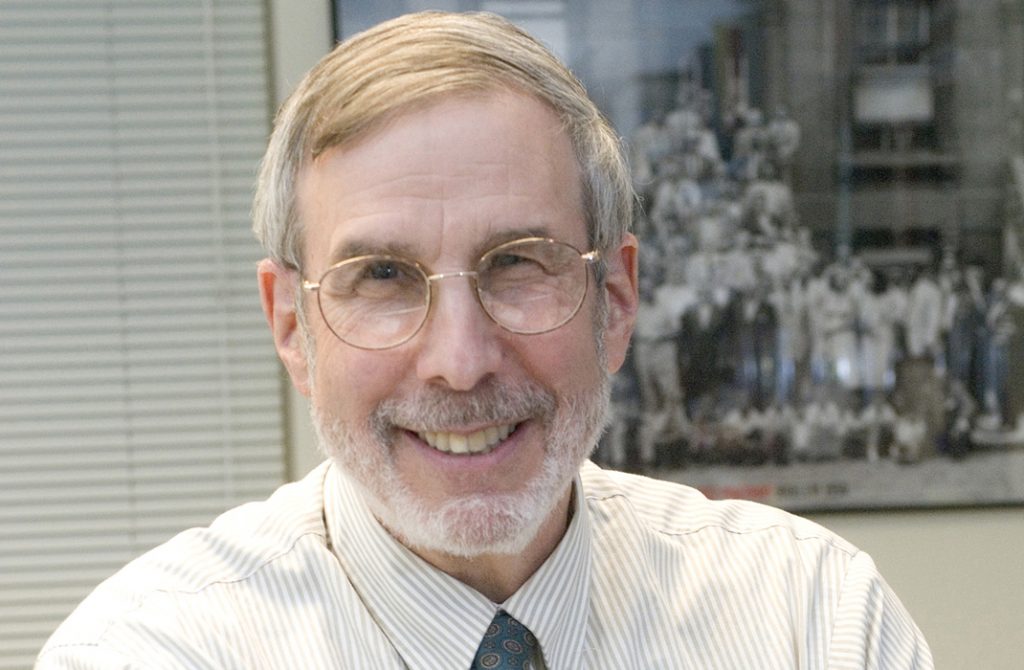Professor Mark Brodin, editor of the bible known as the Handbook of Massachusetts Evidence, has a new gig: He is now also the editor of the six-volume treatise, Weinstein’s Federal Evidence. He was recommended for the job by Professor Daniel Coquillette, who serves on the senior editorial board of the twenty-seven volume Moore’s Federal Practice. Both treatises are published by LexisNexis.
With this prestigious appointment, Brodin will have an opportunity to influence the evolving law of evidence in federal practice. That’s because the role of treatise editors is changing: they are increasingly expected by their publishers to take positions on controversial rulings and statutes. By stating not only what the law is, but also pointing out diverging lines of cases, providing analysis, and opining a preference, Brodin will be helping to shape the law.
“As long-time co-author of the Handbook of Massachusetts Evidence, I appreciate the importance of such a treatise for both bench and bar, and I hope I can play some small part in the continued evolution of the venerable federal code that has become the model for modern litigation practice, ‘to the end of ascertaining the truth and securing a just determination,’” Brodin says, quoting Federal Rule of Evidence 102.
The availability of treatises like Weinstein’s Federal Evidence in digital formats has made them more widely accessible because they are updated automatically and require no library-shelf space. More significant than that, however, is this: publishers are hyperlinking their entire line of materials, including treatises, and in doing so are streamlining the process of legal research and the setting-up of law suits.
Coquillette explains the power of this new integration of platforms: “I can go to a Lexis or a Westlaw platform and I can describe the facts of the case and also the district and jurisdiction where this case is pending and the federal statute under which I intend to take action. This platform will not only provide me with the relevant sections of Moore’s Federal Practice and Weinstein on Evidence in terms of what I have to prove and how I have to prove it. It will also provide me with all the most recent cases in this district. It will also provide me with settlement data…for the last five years. And in addition to that, it will generate the forms that are necessary for me to begin the case, including a model complaint, service documents, interrogatories, and requests for depositions.”
A nice twist to Brodin’s appointment is that this is a story of the student taking over for the master: in 1971, Brodin was a student in Judge Jack B. Weinstein’s Evidence course at Columbia Law School. “He is just such a figure in the evidence field, and to be at all associated with this treatise is a great capstone to one’s career,” Brodin says.


